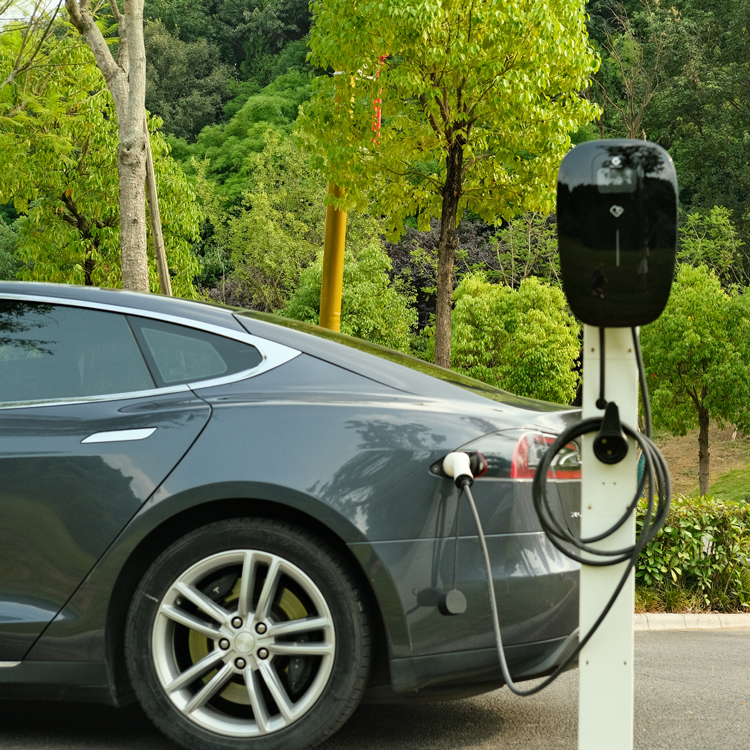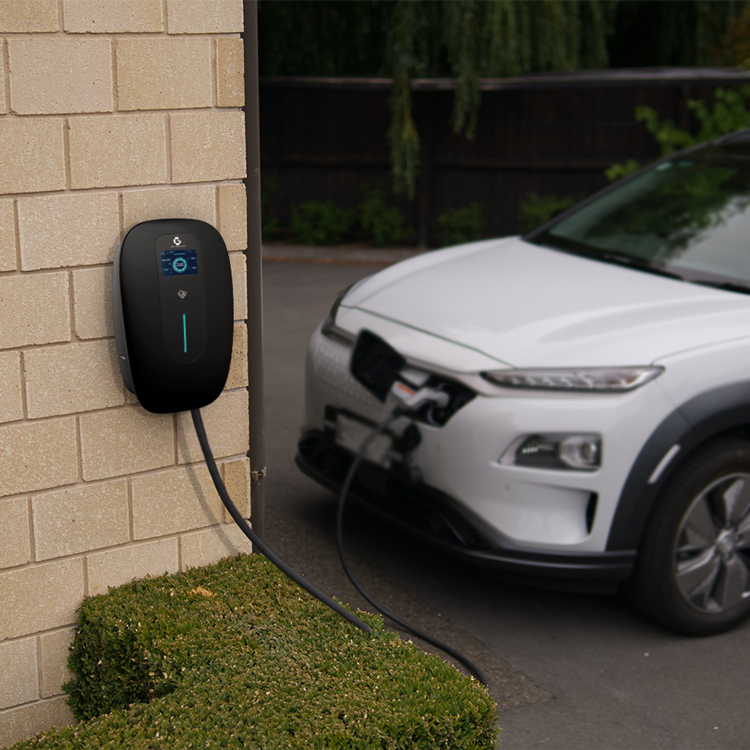The United Kingdom has been actively addressing the challenges posed by climate change and has taken significant steps to transition towards a more sustainable and environmentally friendly future. One crucial aspect of this transition is the promotion of electric vehicles (EVs) and the development of the necessary infrastructure, including charging stations. The introduction of new regulations in the UK has played a pivotal role in shaping and accelerating the growth of EV charging stations across the country.
One of the key regulations driving the development of EV charging stations in the UK is the commitment to achieving net-zero carbon emissions by 2050. This ambitious goal has prompted the government to implement policies that incentivize the adoption of electric vehicles, thereby reducing the carbon footprint of the transportation sector. As a result, there has been a surge in demand for EVs, necessitating a corresponding expansion of the charging infrastructure.
The UK government’s support for EV charging infrastructure is evident through various initiatives and funding programs. In an effort to create a robust and widespread charging network, financial incentives have been provided to businesses and local authorities to install charging points. This not only encourages private investment in charging infrastructure but also ensures that charging stations are strategically located, addressing concerns about range anxiety and accessibility.
Moreover, regulations have been put in place to standardize and streamline the charging experience. The UK has adopted common standards for EV charging connectors and payment methods, making it easier for consumers to use charging stations from different providers. This interoperability is crucial in creating a user-friendly and efficient charging network, enhancing the overall appeal of electric vehicles.
Local planning regulations have also been adapted to facilitate the installation of charging infrastructure. Local authorities are encouraged to include provisions for EV charging in new developments, and there are requirements for non-residential buildings to incorporate charging infrastructure in parking facilities. This proactive approach ensures that new constructions are EV-ready, supporting the long-term sustainability of the charging network.
Furthermore, the UK government has been investing in research and development to advance charging technology. This includes exploring innovations such as rapid charging and wireless charging, aiming to make the charging process faster, more convenient, and accessible to a wider range of users.
In conclusion, the new regulations in the UK aimed at promoting the development of EV charging stations have had a profound impact on the country’s transition to sustainable transportation. The commitment to achieving net-zero emissions, financial incentives, standardization, and supportive planning regulations have collectively created an environment conducive to the growth of a robust and widespread charging infrastructure. As the momentum continues, the UK is well-positioned to play a leading role in the global shift towards electric mobility, contributing to a cleaner and greener future.
If want to know more about this, please feel free to contact us.
Tel: +86 19113245382 (whatsAPP, wechat)
Email: sale04@cngreenscience.com
Post time: Jan-28-2024







